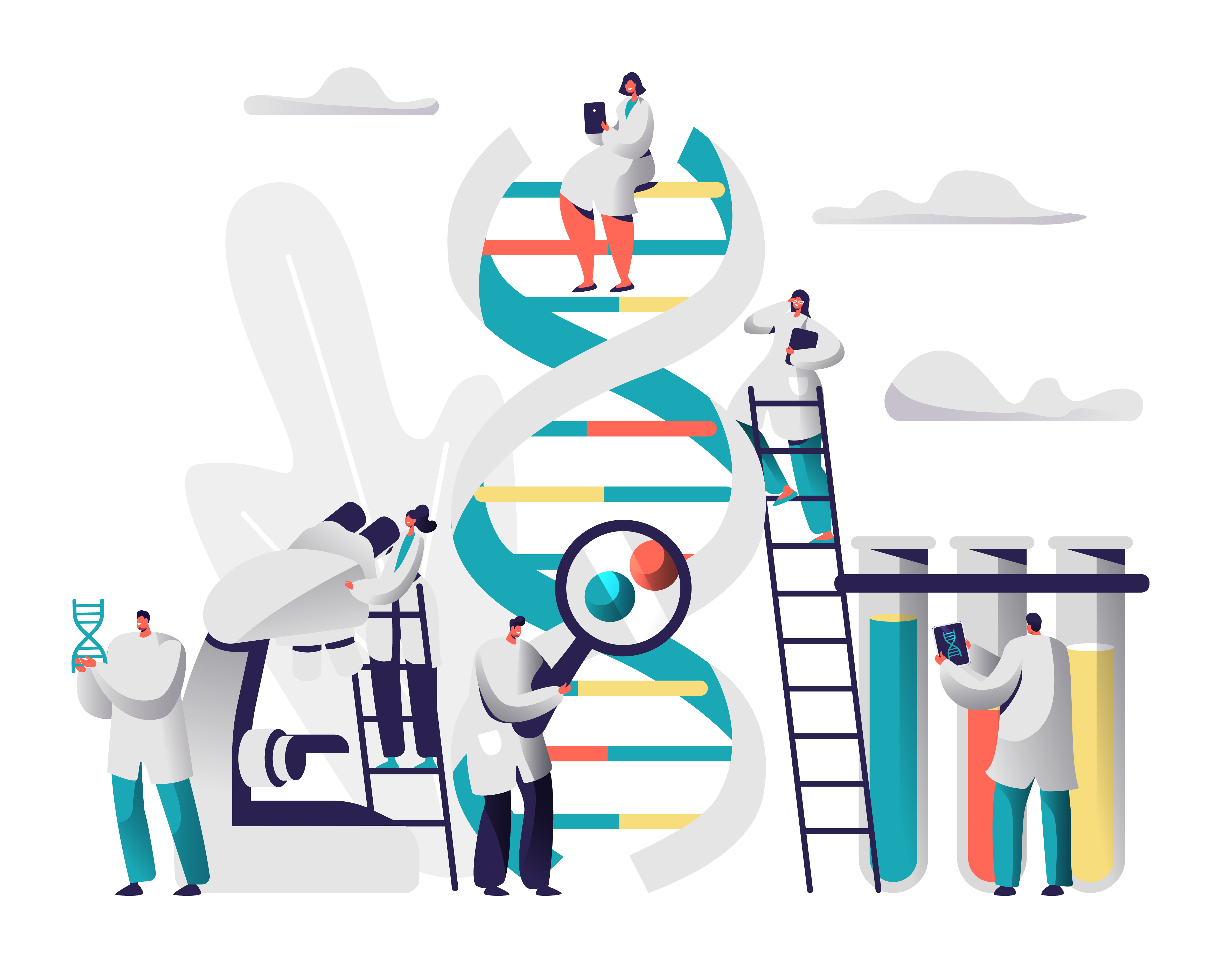Rewriting Our Genes Is Easier Than Ever. That Doesn't Mean We Should Do It.
By Sarah Ruth Bates,
WBUR Boston
| 01. 03. 2020
Gene-editing technologies have huge potential to alleviate human suffering. But, like all very powerful technologies, they also carry enormous risks if used improperly.
In November 2018, a team of scientists in China led by Dr. He Jiankui revealed shocking news at a conference: he’d used CRISPR-Cas9 (often referred to as just CRISPR) to edit the genes of three embryos. Two of the embryos were successfully implanted in a surrogate, resulting in twin girls. Now known only as Nana and Lulu — their identities protected in scientific version of the witness protection program — Dr. He said he’d used CRISPR to immunize the embryos to HIV. But he’d acted against worldwide guidelines and regulations to do so. Those regulations prohibited “germline” edits, or genetic edits that are heritable to the edited organism’s future offspring. (Dr. He and his collaborators were recently sentenced by a court in Shenzhen to three years in prison for conducting "illegal medical practices.")
Let’s back up.
Gene editing is what it sounds like: modifying an organism’s genes. The technology has a massive range of applications, and those...
Related Articles
By Diaa Hadid and Shweta Desai, NPR | 01.29.2026
MUMBRA, India — The afternoon sun shines on the woman in a commuter-town café, highlighting her almond-shaped eyes and pale skin, a look often sought after by couples who need an egg to have a baby.
"I have good eggs,"...
By George Janes, BioNews | 01.12.2026
A heart attack patient has become the first person to be treated in a clinical trial of an experimental gene therapy, which aims to strengthen blood vessels after coronary bypass surgery.
Coronary artery bypass surgery is performed to treat...
By Staff, ScienceDaily | 01.05.2026
Scientists at UNSW Sydney have developed a new form of CRISPR technology that could make gene therapy safer while also resolving a decades-long debate about how genes are switched off. The research shows that small chemical markers attached to DNA
...
Following a long-standing CGS tradition, we present a selection of our favorite Biopolitical Times posts of the past year.
In 2025, we published up to four posts every month, written by 12 authors (staff, consultants and allies), some in collaboration and one simply credited to CGS.
These titles are presented in chronological order, except for three In Memoriam notices, which follow. Many more posts that are worth your time can be found in the archive. Scroll down and “VIEW...




